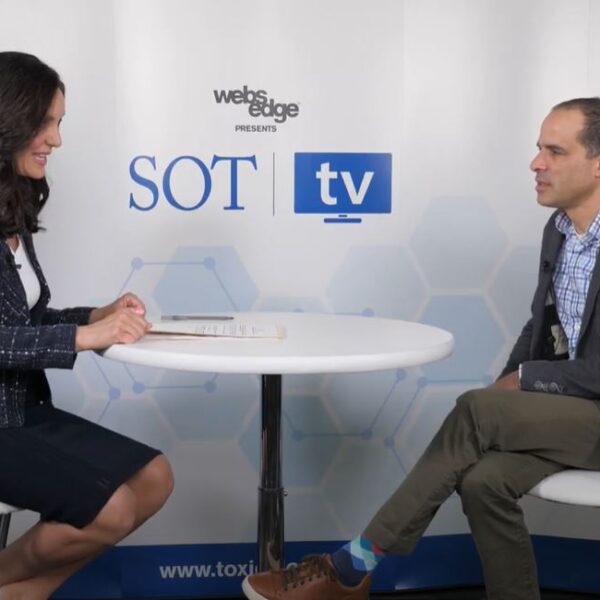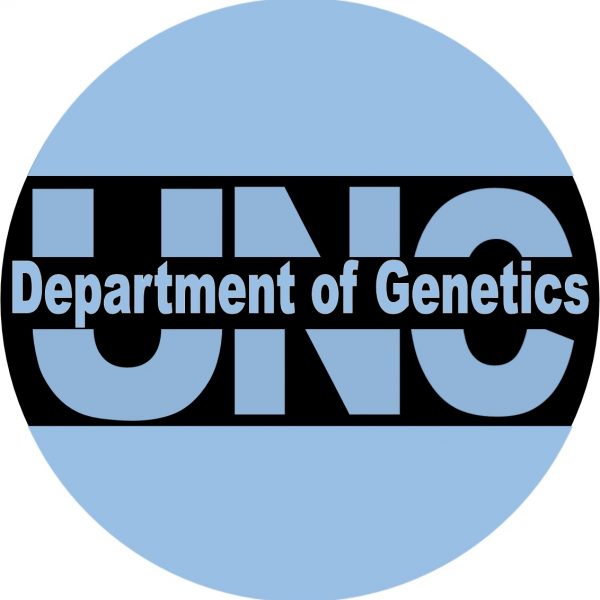Research Interests
Key words: gene-environment interactions, systems genetics, asthma, environmentally-induced lung disease
My long-standing research interest has been in gene-environment interactions (GxE) with environmental health hazards. My motivation stems from the desire to understand inter-individual variation in response to exposures associated with disease, and my training in both toxicology and genetics allows me to marry these two disciplines. The central focus of my lab is on the identification of GxE with air pollutants and allergens that affect the development of common airway diseases like asthma and COPD, with the mindset that identifying GxE provides an important means to gain information about disease susceptibility and mechanisms underlying the association between exposures and disease.
Robust detection of GxE requires maximizing information about both genetic variation (G) and environmental exposure (E), which is very challenging in human studies. Thus, we leverage model systems, mice in particular, in which we control both G and E. On the genetics side, we have worked heavily with the Collaborative Cross (CC), a mouse genetics reference population that features abundant genetic variation in format of inbred lines. On the exposure side, we have established state-of-the-art inhalation exposure systems to deliver precise air pollutant exposures to rodents; and we aim to expand our capacity to model exposures to additional air pollutants and other common respiratory exposures associated with respiratory disease.
Ultimately, of course, we seek to translate our findings from model systems to humans. To that end, we collaborate with investigators at the UNC Center for Environmental Medicine, Asthma and Lung Biology, the UNC Center for Environmental Health and Susceptibility, and the UNC Marsico Lung Institute, to enable such cross-species comparisons in the context of clinical and/or epidemiologic data. Thus, in total, our work is multidisciplinary and utilizes approaches from genetics, toxicology, and epidemiology. To learn about current projects in the lab, please see our website.
Mentor Training:
- ACCLAIM
- Bias 101
- Culturally Aware Mentoring
- Faculty Mentoring Workshop for Biomedical Researchers
Training Program Affiliations:
- Bioinformatics and Computational Biology
- Genetics and Molecular Biology
- Toxicology
Publications
Samir Kelada in UNC Genetics News

March 15, 2024
Dr. Samir Kelada Interviewed at Society of Toxicology Annual Meeting
Samir Kelada, PhD (Associate Professor, Genetics) was interviewed by Society of Toxicology TV during the SOT 63rd Annual Meeting in Salt Lake City.

December 18, 2023
Department of Genetics Publications for December 3rd – 16th, 2023
Department of Genetics faculty, postdocs, students and collaborators published 14 papers during December 3rd - 16th 2023.

July 3, 2023
Department of Genetics Publications for June 18th – July 1st, 2023
Department of Genetics faculty, postdocs, students and collaborators published 14 papers during June 18th - July 1st 2023.

June 19, 2023
Department of Genetics Publications for June 4th – 17th, 2023
Department of Genetics faculty, postdocs, students and collaborators published 10 papers during June 4th - 17th, 2023.

December 16, 2022
Dr. Samir Kelada Inks Deal with Genentech to Study Gene/Environment Interactions
Samir Kelada, PhD (Associate Professor, Genetics) has secured a contract with Genentech to provide experimental support and expertise using the in vitro airway epithelial model developed by his laboratory.

November 7, 2022
Department of Genetics Publications for October 23rd – November 5th, 2022
Department of Genetics faculty, postdocs, students and collaborators published 19 papers during October 23rd – November 5th, 2022.

August 29, 2022
Department of Genetics Publications for August 14th – 27th, 2022
Department of Genetics faculty, postdocs, students and collaborators published 14 papers during August 14th – 27th, 2022.

April 21, 2022
Kelada and Mohlke awarded 5-year R01 from NIEHS
Dr. Samir Kelada (Associate Professor, Genetics) and Dr. Karen Mohlke (Professor, Genetics) were awarded a 5 year R01 from the National Institute of Environmental Health Sciences (NIEHS) titled “Regulatory Genomics of Ozone Air Pollution Response in Vitro and In Vivo”.

April 11, 2022
Department of Genetics Publications March 27th – April 9th, 2022
Department of Genetics faculty, postdocs, students and collaborators published 17 papers during March 27th – April 9th, 2022.

November 15, 2021
Department of Genetics Publications October 31st – November 13th 2021
Department of Genetics faculty, postdocs, students and collaborators published 12 papers during October 31st – November 13th 2021. A multi-omic single-cell landscape of human gynecologic malignancies. Regner MJ, Wisniewska K, Garcia-Recio S, Thennavan A, Mendez-Giraldez R, Malladi VS, Hawkins G, Parker JS, Perou CM, Bae-Jump VL, Franco HL. Mol Cell. 2021 Nov 1:S1097-2765(21)00842-X. doi: …

